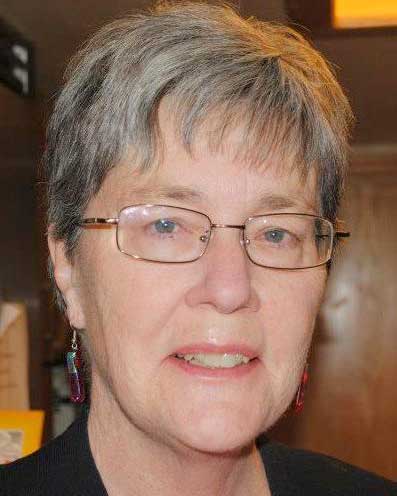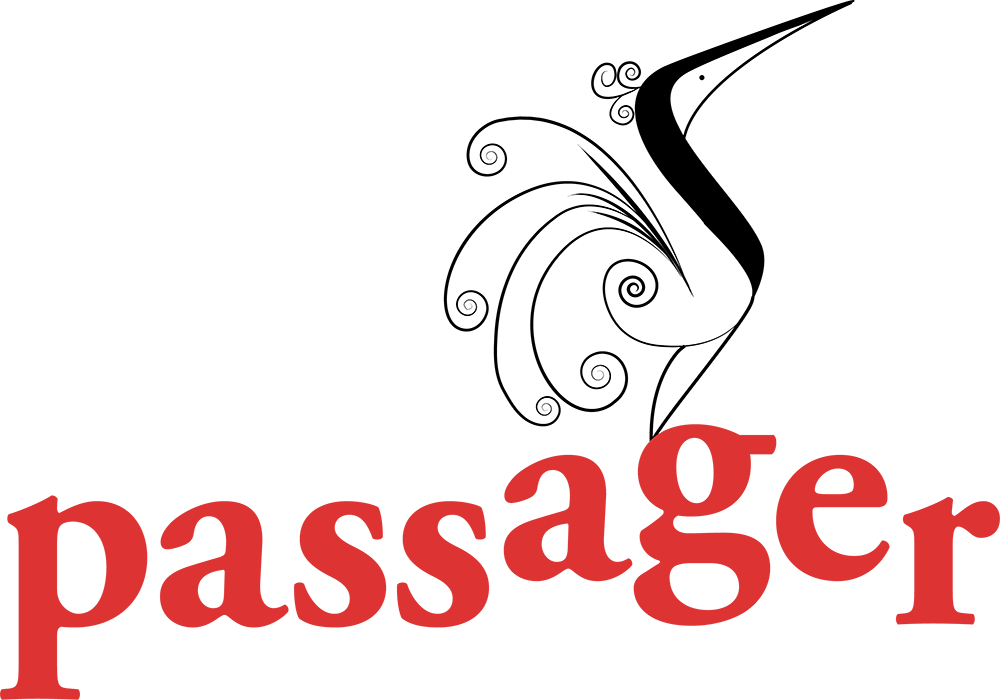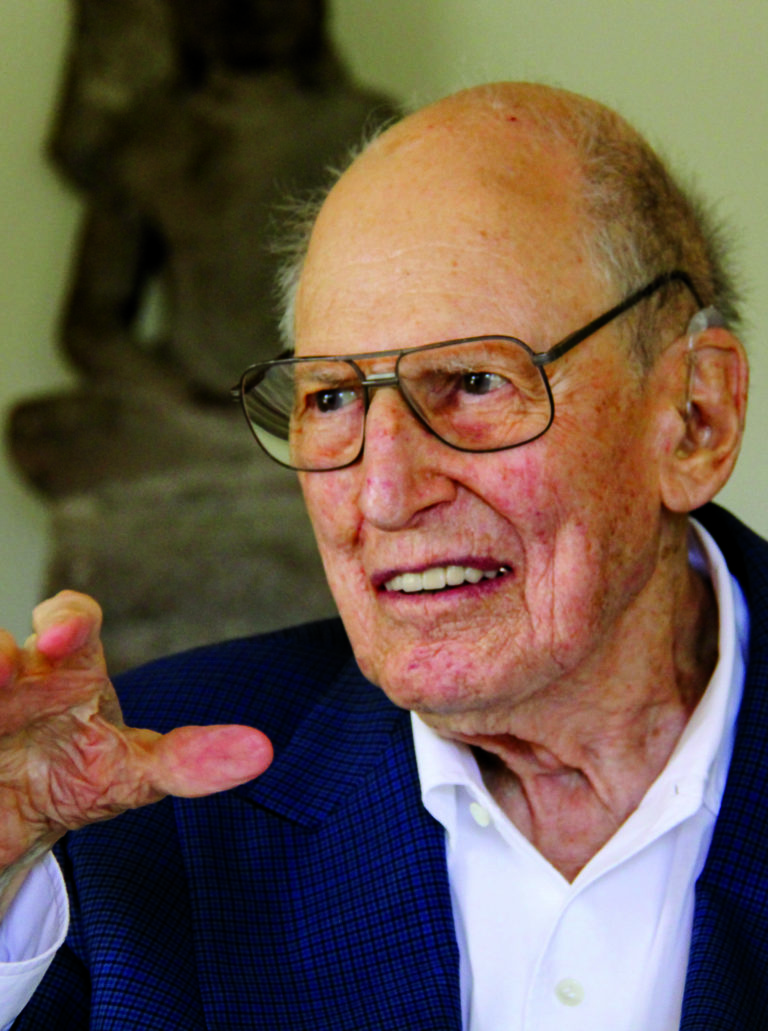The Athlete




Physical and personal wrestlings, featuring poems by Doug Arnold, John McKernan, Susan Okie and David Sloan.
9 minutes
TRANSCRIPT
After a roughly 1500-year break, the Olympics started up again in Athens, Greece in April, 1896. The Olympics are about national pride and unity and international cooperation. But they’re also about amateur athleticism, some team sports and a lot of individual competitions. On this edition of Burning Bright, four pieces at least tangentially related to sports.
Doug Arnold said that his poem “Over Sixty Tennis” explores how an older man successfully relates to the outer world, even though his physical prowess, as shown through tennis, is in decline.
The coil and uncoiling of my stroke
has lost much grace and power. But
the ball’s flight is governed by physics
– only negligibly by me.
It’s been many years since my brain
with its feet propped up on a lobe
of my cerebellum cursed out my body
for its rust. On these courts, you can
still feel traces of the fields of force
where younger egos once surged
and flickered. The struck yellow sphere
was a world unto itself. Now,
within these lined rectangles of point
and counterpoint, that time’s made
less important, we savor each
of our still extant movements, slowly
atrophying to extinction. Cunning
stroke to the forehand, wily parry
to the backhand – a gentlemen’s duel.
Killing time instead of each other,
stuffing it with our shared pleasure.
We’ve become taxidermists of tennis balls;
let younger men hunt the planet’s game.
Doug Arnold’s poem “Over Sixty Tennis” from Passager’s 2011 Poetry Contest Issue.
John McKernan said he wrote several poems titled “Not a Stitch.” One is about a girlfriend whom he later married; another is about a person just before being wounded in an accident. He said the poem I’m going to read is about his father, who died when John was 16 and he was 47. John said, “That was the most traumatic event in my life, and I have never stopped writing about it.”
Not a Stitch
Of Time
Does my father wear
Not the tick of any clock
Above the calendar
Does he hear
There is nothing to read
On this wide plain
Every name in granite
Will last seven lifetimes
I like to listen to him
Up there in my brain
Explaining to me how to tie the hook
Tight to the fishing line
So nothing can ever escape
John McKernan’s poem “Not a Stitch” from the Winter 2013 issue of Passager.
Susan Okie said her family took up whitewater kayaking when her sons were young. She said she loved the sensory rush, but “paddling through fear has always been hard for me.” Here’s Susan’s poem “Running Dimple Rapid, Youghiogheny River.”
No safety here. A pale, pocked boulder, crouched
against the flow, makes all the current dash
across its face. I cannot pull my eyes
from Dimple Rock. My kayak caroms up
its flank, flips over. Upside down, I rush
through darkness, under water. Bubbles, crack
of stream on boulders. Once, before my child
was born, I dreamed I wrapped the baby safe
in gauze and put him in the freezer,
then forgot his hiding place. The fates we dream
are not the ones that catch us. Instead, in Kenya,
his body burned like bread, his fever spoke
in tongues. I fed him pills, imagined blood cells
swollen, coiled inside his brain, hissing
in stereo, malaria. Next morning,
cool skin, a smile. Then, Hannah, who had fled
Cameroon with her daughter, called from Washington
with news: her Debbie dead, killed
in a school bus crash. Hanging,
without breath, I pop my sprayskirt,
wriggle from my boat, swim toward the light.
This current sweeps me on, rocks pummel shins
and ribs. I become the roaring foam,
the reaching upward, desperate to rise.
“Running Dimple Rapid, Youghiogheny River” by Susan Okie, from Passager’s 2010 Poetry Contest Issue.
Susan said, “The first time I ran Dimple, I fetched up on a boulder, flipped over, and had to swim.” She said a veteran kayaker said, “Don’t look at the rock; look where you want to go.”
Here’s a wrestling poem by David Sloan. “Takedown.” Well, it’s about wrestling and more.
I want to be left alone, to read, to wage war
only against the garden weeds, fade
into late middle-age without a fuss,
but my nearly-grown son wants to wrestle,
claims this mild June morning – French toast
browning on the griddle – to fulfill some ancient
covenant going back five thousand years,
when two figures – god-man and animal-man –
locked arms, heedless of the midday heat,
raucous crowd, unnerved dogs, and felt
each other’s strength swell like a sea-surge,
break without being broken, until their struggle
turned dance, and they collapsed laughing,
intoxicated with recognition.
We both know this match cannot end
in a draw. Our former selves lay hold of us
in the ferocity of sons: same taunting tone,
defiant strut, a not-so-playful push.
When my father shoved back, he showed me
how to accept the moment of eclipse by not
succumbing easily, nor clinging to the crown
through supplication. Then I was the reckless
aggressor, my father the wary feinter, waiting
for my charge: leg shoot, upthrust, takedown.
Now my son darts beneath my defenses,
crafty as a disguised god, and suddenly
I am the one lying pinned, squirming, startled
by the salt taste of surrender, too breathless
to comfort the victor, whose eyes begin to brim
with that uneasy mingling – elation, disillusion.
David Sloan’s poem “Takedown.” He said the poem is largely autobiographical and that the experience of lying pinned and wriggling beneath his son’s burgeoning strength was life-altering for both of them. Passager published “Takedown” in its 2011 Poetry Contest Issue.
To subscribe to or learn more about Passager and its commitment to writers over 50, go to passagerbooks.com. You can download Burning Bright from Spotify, Apple and Google Podcasts and various other podcast apps.
For Kendra, Mary, Christine, Rosanne, and the rest of the Passager staff, I’m Jon Shorr.



